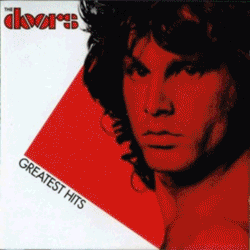 I became incensed earlier today when I read a headline from a music industry analyst that proclaimed that digital downloads have "killed music." Believe me, nothing could be farther from the truth.
I became incensed earlier today when I read a headline from a music industry analyst that proclaimed that digital downloads have "killed music." Believe me, nothing could be farther from the truth.Just look at all those people carrying music players around. Ten years ago, before the first MP3 players hit, the only people carrying music around were kids with boomboxes -- and it wasn't likely anything you wanted to listen to.
There's more music than ever before. But there is something that digital downloads did kill -- and it was the music industry's real cash cow.
Digital downloads have killed the Greatest Hits album. That's where the music industry made a huge percentage of its money.
To see this in action, just look at the career of The Doors. During lead singer Jim Morrison's lifetime, the group recorded solely for Elektra Records and created the following albums:
The Doors
Strange Days
Waiting for the Sun
The Soft Parade
Morrison Hotel
Absolutely Live
L.A. Woman
Seven albums. That, plus their first Greatest Hits album "13," released in 1970, were it. However, since Jim Morrison's death in 1971, Elektra and its decendents (now Warner Music) have released the following compilations:
Weird Scenes Inside the Gold Mine (1972)
The Best of The Doors (1973)
The Doors Greatest Hits (1980)
The Best of The Doors (1985)
The Doors: Original Soundtrack Recording (1991)
The Doors Greatest Hits (1996)
Essential Rarities (1999)
The Best of the Doors (2000)
The Very Best of the Doors (2001)
Legacy: The Absolute Best (2003)
The Very Best of the Doors (2007)
The Future Starts Here: The Essential Doors (2008)
The Doors released only six studio albums, but their label has put out a whopping 13 compilations, repackaging the same songs that were on the original six. Note that they put out so many Greatest Hits sets that they ran out of names for them, repeating "The Doors Greatest Hits" and "The Very Best of The Doors" twice and "The Best of The Doors" three times.
Now, mind you, that's 13 albums created and distributed after The Doors stopped recording with Jim Morrison in 1971.
And that total doesn't even count the five box sets that have been released, including 1999's "The Complete Studio Recordings," which simply contains the six studio albums in one package.
Every Greatest Hits album and set mentioned here has sold at least 100,000 copies. The 1980 version of "The Doors Greatest Hits" album alone sold 3 million copies.
Why was the Greatest Hits album so important to the label? It costs them virtually nothing and brings in money by the truckloads.
They don't pay the artist anything. The contracts of recording artists and groups usually contain a clause allowing the label to issue unlimited compilation albums of songs the artist did under contract. In fact, if you think you're doing the artist a favor by buying a Greatest Hits album, you're wrong. The artists usually doesn't get credit from the label for the Greatest Hits album sale. Their remuneration is based solely on the original album.
It's "pre-sold." They don't have to try to get the band on Leno, Letterman or Conan. The songs are already a hit. Everyone knows them already.
It's a perfect Christmas gift. Don't know what to get Johnny or Julie for a gift? You've seen them wear a Jim Morrison T-shirt -- get them a Doors album. This attitude has paid off like a slot machine for the labels since the LP album was first introduced.
It's in a new format. The first greatest hits albums came out on vinyl, cassette, 8-track and open reel (you gotta be really old to know what "open reel" was). You needed a vinyl version for home, the 8-track version for your car and the cassette version for your Walkman. Then you threw all that away and got the Compact Disc version.
The digital download kills all of these cash cows for the music industry. By being able to buy only the tracks you want, you don't need to buy a whole compilation to get the one or two songs you actually like. In fact, there's really no marketing per se for a single track at a label -- they already give away songs on the radio and videos on TV. The marketing department at a music label is there only to sell albums.
Heck, before The Beatles came along, the only people who bought albums were fans of classical music and Broadway musical soundtracks. Then came the day in March 1964 when The Beatles had all the top 5 songs on the Hot 100 Singles list. It was on that day when it was actually cheaper to buy the top 5 on one album, rather than getting them on separate singles. Three years later, the album became an event with the release of "Sgt. Pepper's Lonely Hearts Club Band" by The Beatles.
But in the last decade, the album has fallen on hard times. In the 1960s, bands put out two albums a year -- now it's hard to get an album every two years from a band like Coldplay. And sales have plummeted drastically. When it's easier for Neil Diamond to get a No. 1 album in the 21st Century than back in the 1960's, you know something is wrong with the whole system.
To be honest with you, the best thing you, as a music consumer, could do would be to boycott the purchase of all music produced by the four major record labels. You would be doing the artist a favor. The way their contracts are written, they make virtually nothing from record sales. They make absolutely nothing from digital sales. The few artists who make decent coin from sales of recordings are already rich (Paul McCartney, Metallica, Madonna) or dead (Elvis, John Lennon) or both (Michael Jackson).
You should feel sorry for those performers on American Idol -- especially the winners. They're locked into the Last Days of the Record Industry Empire, an empire that steals money from almost everybody and tries to throw the rest of us in jail.
If you want to support musical artists, purchase a ticket to a concert, and buy a T-shirt and a couple of CD's while you're there. All of that money goes to the artist. Encourage your favorite band to write songs for commercials -- don't villify them for it. It's the only way to make money in the music business these days.
Because the only thing deader than the Greatest Hits album is Jim Morrison.





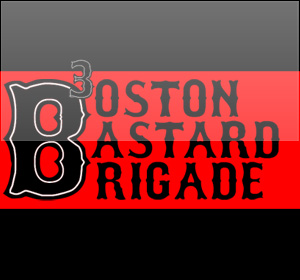
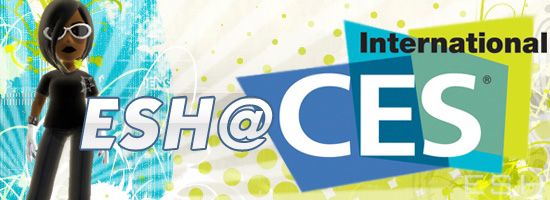

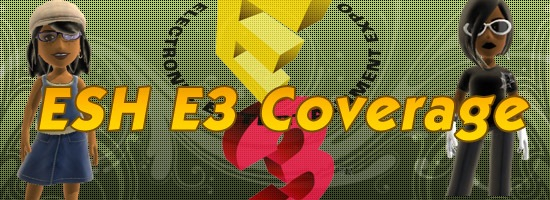

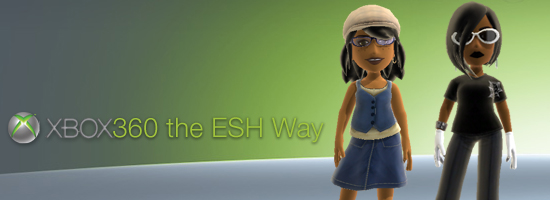

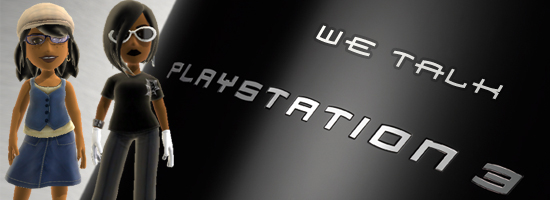







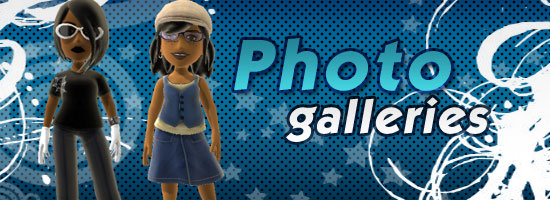







« Home